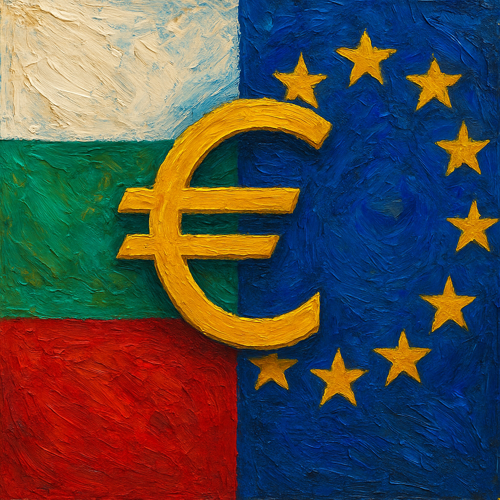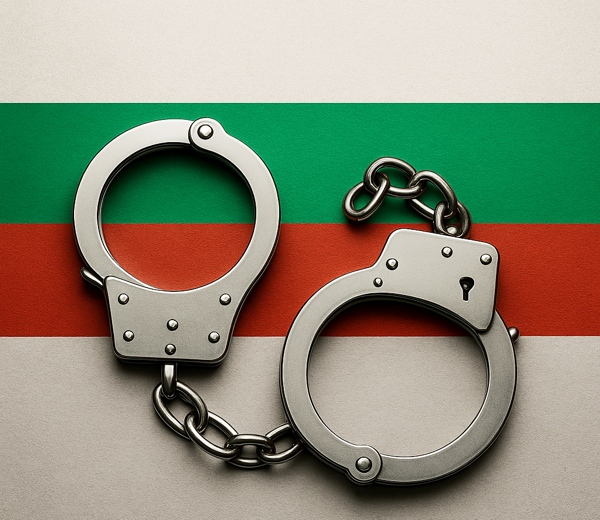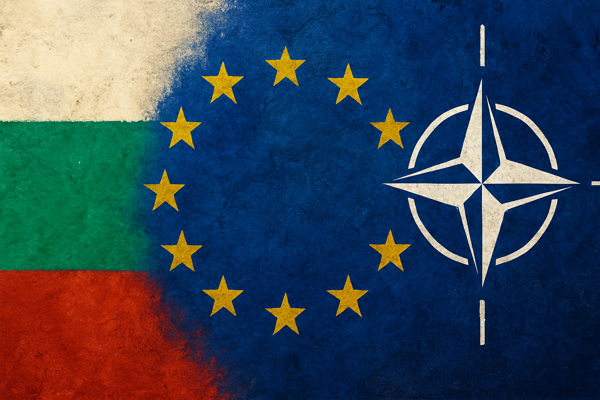
Published: 16 July 2025 | Author: Dr. Dimitar Keranov, MRSSAf
The Euro in Bulgaria Is a Good Idea
Bulgaria is set to join the eurozone on January 1, 2026.
For years, the country’s debate about the euro has been dominated by concerns over inflation, price explosions, and loss of economic control. But similar fears existed in Croatia before it adopted the new currency in 2023 — and they did not materialize.
According to the European Central Bank, Croatia’s transition was a success, with no explosion in prices or inflation (ECB, 2023).
In reality, the euro brings real advantages:
- It eliminates exchange costs for citizens and businesses.
- It strengthens trust among foreign investors.
- It protects against currency speculation and financial crises.
Interestingly, Bulgaria has had its currency, the lev (BGN), pegged to the euro for decades. Sofia already follows eurozone monetary policy — joining officially just means having a say in decisions and building a stronger, internationally competitive economy.
But for the Black Sea country, the euro isn’t just about the economy. It’s a symbolic statement. A statement that Bulgaria belongs fully in Europe. Finally.


